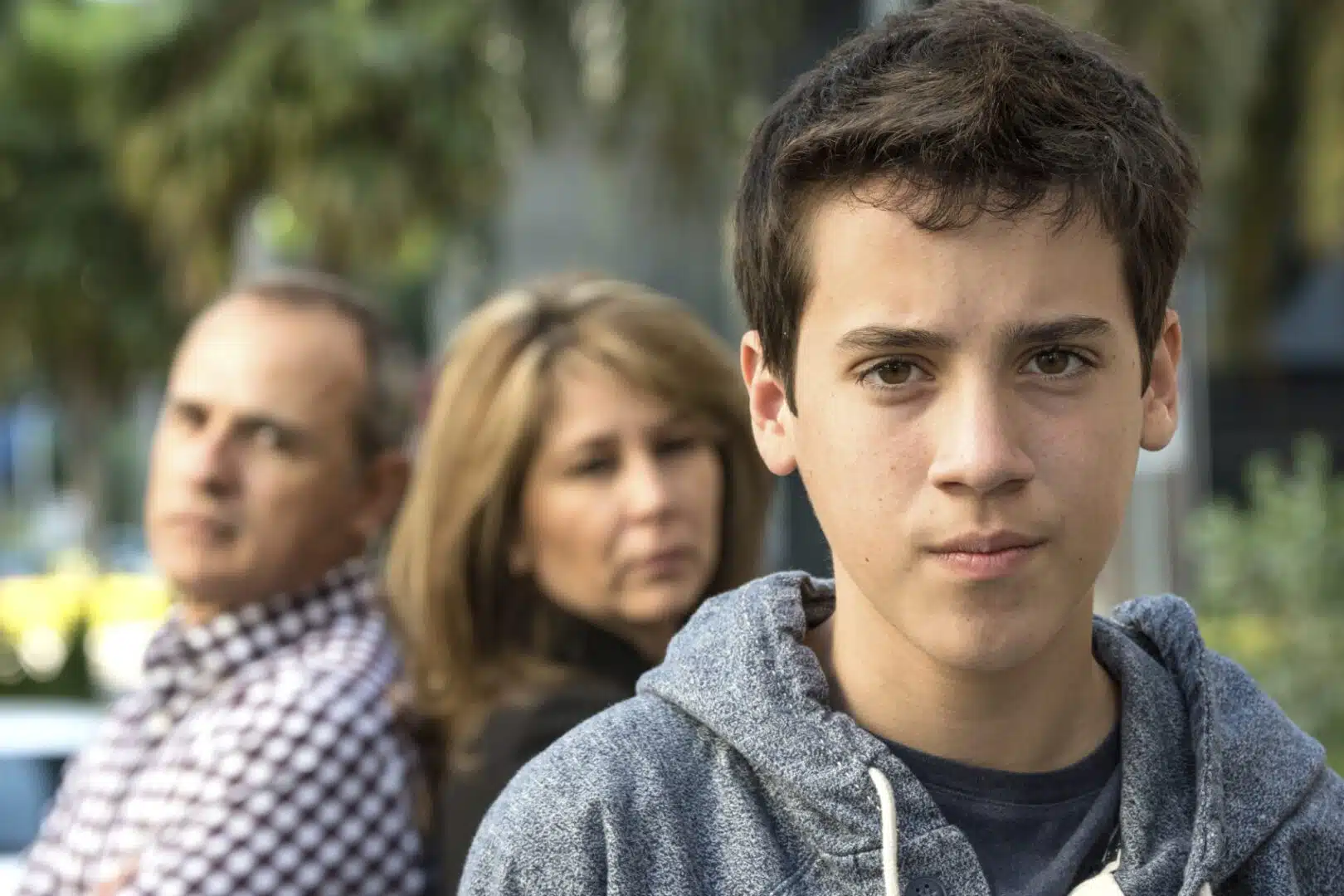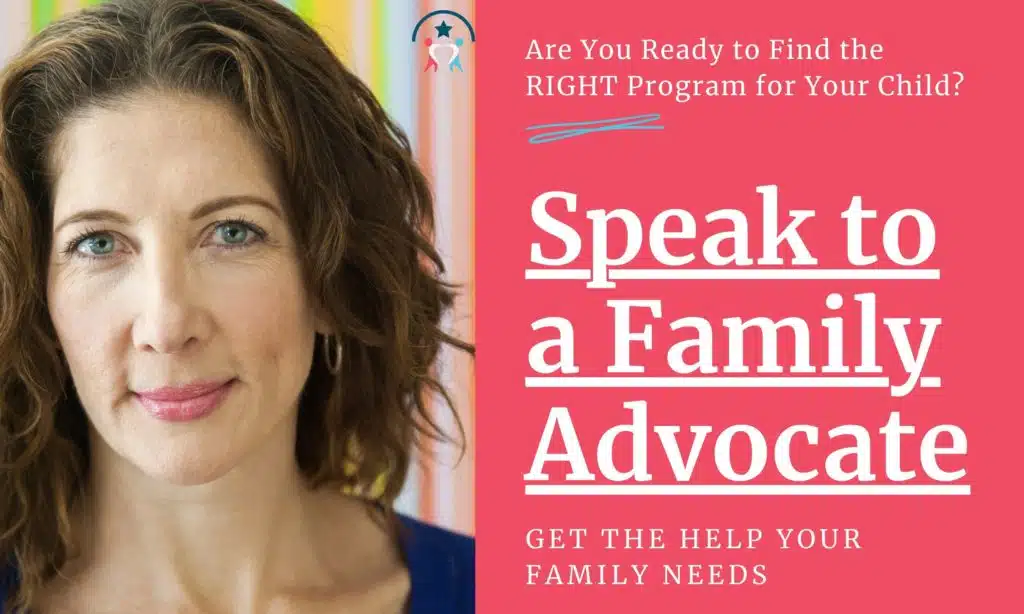Help for Parents of Troubled Youth
A parent with a troubled youth knows how difficult life can be. You’re caught between a rock and a hard place. You love your son or daughter. You despair at the crazy and sometimes dangerous lifestyle they’ve adopted. You wonder if this means your child is an at-risk youth.
Nevertheless, as a worried parent, you want desperately to help. But how? What can you do to help your struggling teen? Moreover, who is looking out for the parent?
What actions should a parent take in helping an at-risk child?
You don’t need to be told when many adolescents are in trouble. They may often struggle with school and their grades fall, or they mix with the wrong crowd. They defy their parents and teachers or they clam up and hardly leave their room. These are clear signs of possible trouble for your child and knowing this is the easy part. The difficult task is making things better.
Here we emphasize a course of actions a parent can take to help a troubled young adult.
-
Recognizing the problem
As you’re reading this, you’ve already taken the first step. Are you the only parent with a troubled youth? Sadly, no. Millions of parents have a teenager who has gone off the rails or is mixing with the wrong crowd and seems in peril. You are not on your own. You have nothing to be ashamed about.
Many troubled youths deny there is a problem. As a parent you need to understand that many adolescents in trouble will argue that there is no problem. If you are aware of this you can better plan of action and program designed to help your teen.
The important step is not to find someone to blame but to find a treatment program which will help your child. Do not be embarrassed about the matter, face up to it with a determination to support them and seek as many answers as you can.
-
Understanding the cause of a teen’s defiance
Knowing the cause of your teen’s behavior can help you find the proper treatment they need. If your child is doing poorly at school there might be a particular cause. You need to discover the problem or problems confronting your teenager – do they clash with their teachers, are they drinking, being promiscuous, taking drugs?
Aside from these, a struggling adolescent may threaten self-harm or engage in petty crime such as shoplifting. They may often display hostility towards parents or other family members. These may be a cry for help.
Now, don’t panic. Of course, you worry about the behavior of your child but you need a calm demeanor to make the right decisions. Rather than become angry and want to impose severe punishment, it could be far better to discover why your teen is behaving so. Their behavior could be a signal of deeper mental health problems and help is what you should be concentrating on. Be slow to anger and quick to help.
-
Consulting a professional for your troubled youth
Noticing the early signs of a troubled youth and consulting a professional about it can help mitigate further problems. The next thing you can do is consult your local doctor. He or she will be able to advise you on a number of matters concerning your adolescent’s behavior and mental health.
You do not have to cop abuse from your defiant son or daughter and you surely don’t want to see them throw away their life on drugs, alcohol or some other destructive behavior. A trained therapist can help your adolescent better understand what they are going through. It is also possible that a child will open up more about their problems to a doctor without the fear of embarrassment from their own parents. They can also recommend further treatment options if needed.
-
Finding a proper treatment program
Lastly, you need to discover what types of treatments are available and which specific type of program would best suit your child. You need to match their problem with the best type of program.
There is a wide range of living-away-from home facilities offering different kinds of treatment options for at-risk youth. These include boot camps, wilderness therapy, therapeutic boarding schools, group homes, and residential treatment centers. All are worth considering. As another option, your teen could remain at home but attend out-patient therapy sessions on a regular basis.
Find out what each facility offers, how they operate, for how long and at what cost. Reach out to them and see if they will be a good fit for your teenager.
Remember, there is help available and once you find it, your child has taken the first step on their road to recovery. These actions and knowledge will lead you to getting the help that your teen needs.
Along the way of seeking help, it is possible for parents of a troubled youth to struggle as well. For each struggling adolescent, there is almost always a parent or parents struggling too. In fact, if we spent more time helping the parents of youths in trouble, there may not be nearly as many teens in trouble.

Further help for parents of troubled youth
Helping yourself as a parent helps your teenager, too. The first thing is to empower parents. Sure, there are plenty of resources we can call on such as seminars, DVDs, books and web sites. But if parents seek out an expert every time their child seems to go off the rails, an immediate opportunity is lost.
Give parents the skills to handle tricky situations. Help them build confidence to handle their son or daughter and hopefully resolve whatever problem crops. Now this can’t happen in every situation, but there is a lot to be said for parents who have the skills to bring up their own child.
-
Provide support for all parents
Most societies today consist of people with different religious, cultural and political points of view. Any support group which exists to help families should be aware of the many differences within our society. A one cure fits all approach won’t work well or at all with some cultures and religions.
-
Find strong community support groups
Professional help is always available but sometimes cost or distance can make visits difficult. If a church or council establishes a family support center, any parent can have immediate access to such a group. With a web site the parent can make contact from near or far. With a public meeting, a stressed parent can go along, hear from experienced workers, and mix with other parents who may well be going through the same experience.
-
Build DIY Support Group
Assuming there is no such group in your area, it’s difficult but possible for you to start a family support group in your locality. You could try for something quite simple like meeting in your own home inviting parents who want to share ideas about raising kids today. One of our greatest resources are parents who want to be involved.
-
Understand differences
It is good for a parent to know and understand that we are all different. That a particular problem with one teenager was fixed by using program A but that only program B worked on another teen. Just because another parent reckons a certain course of action was the best thing for their child, that program may not work or work as well with your child. Every situation is unique.
-
Talk to an educational consultant
Here at At Risk Youth Programs, we aim to raise awareness and offer help for parents of troubled youth. There may be questions you have that can only be answered by trained consultants. If your child has begun to take drugs or has tried self-harm, your immediate and appropriate response is required. Having someone to guide you in finding the right program for your child can speed up the process.
Get the help your troubled youth needs
It will take a whole lot of support and understanding for a troubled youth to get better. Most of all, they’ll need to “want” the help. The right help for parents of troubled young adults should also be accessible so they can early recognize and provide support for their children.
Everyone needs to come through these troubles a better and stronger person. And that definitely includes the parents.
If you’re ready to talk to a professional consultant and hear about your options, contact us here.













